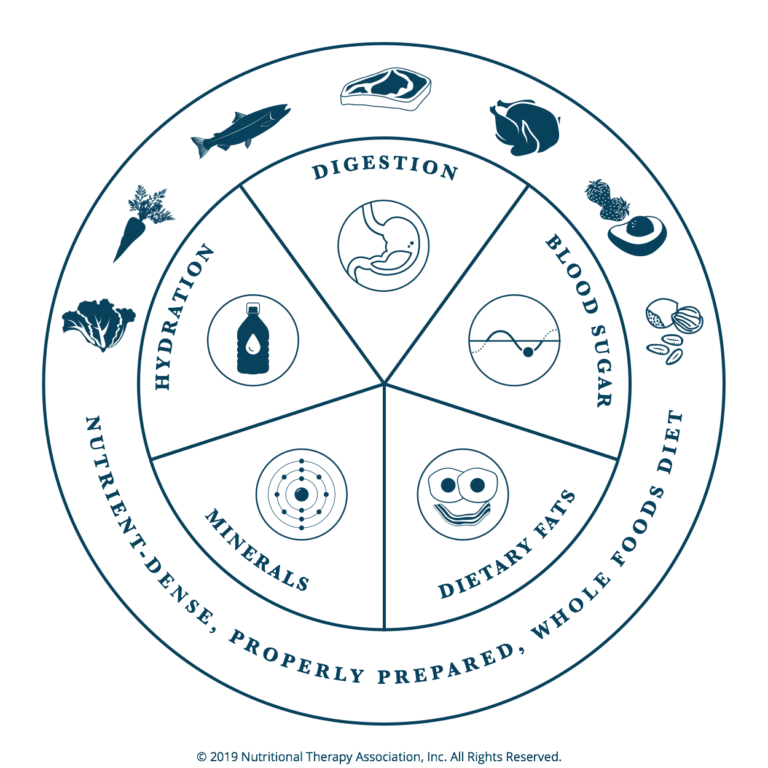
Meet John Bridges
I live in the small, laid-back town of Castle Rock, WA. Besides my passion for health and nutrition my interests include golf, reading, music, shooting, getting as much outdoor time as possible, my 2006 Porsche Boxster, spending time with my grandson, and eating good healthy food.
In 2015 I suffered a heart attack. Not wanting to just take a few pills, go home and wait for the next one to happen, I decided to take control of my own health. It was important to me to understand my condition, so I started researching heart disease and nutrition, including alternative theories and therapies. As I do with all subjects I am interested in, I dove into this one with great intensity. While educating myself, my studies rekindled my lifelong desire to help others. To do that, I wanted to have some formal training in order to know that what I passed on to others was the right thing for them. So, at the age of 62, I made the decision to go back to school. Having learned from my research that proper nutrition plays the largest part in cardiovascular health, and for that matter, good health in general, I focused my attention in this specific area. My research for nutrition schools led me to the Nutritional Therapy Association.
I completed their curriculum, graduated, and became a Functional Nutritional Therapy Practitioner. My studies included diet and nutrition, health coaching, anatomy, and physiology.
Upon graduation, an FNTP has received a minimum of 325 curricular hours, a minimum of 65 hours of in–person, hands–on training, coupled with a minimum of 6 hours of testing (midterm and final written and practical examinations).
Included in the Nutritional Therapy Association training is the “functional” component that is unique to this program. The Functional Clinical Assessment or FCA is a skillset that allows the practitioner to assess imbalances and deficiencies within the body and address the following questions for each client:
- Is there a functional deficiency?
- What particular nutrient will work for that client?
- When is the client sufficient?
This allows me to provide a bio-individual wellness program tailored to the unique circumstances of each client.
I use these principles to guide my practice:
- The proper approach to wellness is holistic, where you treat the whole, not just the part.
- Even minor symptoms are indicators of underlying conditions that may lead to future chronic disease.
- Food is the best medicine.
- An ounce of prevention is indeed far better than a pound of cure.
My Philosophy
FNTP’s take a food first approach to nutrition. We focus on a nutrient dense, properly prepared, whole foods diet, and what we recognize as the foundations of health.
The foundations are;
- Digestion,
- Hydration,
- Blood Sugar Regulation,
- Mineral Balance,
- Fatty Acid Balance.
Finding balance in the foundations is the key to optimal health and wellness.
Digestion is first on the list, and on the chart below, because it is the most important foundation. You can eat the most nutrient dense diet but if digestion is compromised you get nothing from it. You are what you eat but more importantly you are what you absorb!
I help the client sift through the myth’s and half truths about diet and eating. Eating should be an enjoyable not fearful experience and done with purpose. Following the foundations will help you break away from harsh restrictive diets and put you on the path of a lifetime of health and wellness without the stress, worry or guilt about what to eat.

Other Considerations
Along with the foundations, other considerations addressed are;
- Sleep
- Stress
- Movement
- Life Style Choices
- Environmental Exposures (toxins)
- Proper Food Preparation
While I may offer education and make suggestions I will always meet the client where they are at.

Digestion, is a North to South Process
Digestion dysfunction is also a north to south process. If there is dysfunction further up everything south will also be compromised

Hydration, America's #1 nutritional deficiency
Water is the most important nutrient in the body. You can live for weeks without food but will only live a few days without water

What's in your stress bucket?
un-managed stress will make us sick, tired, wired, and worse. Stress buckets are bio-individual. Everybody's stress bucket is different, just don't let yours overflow.

